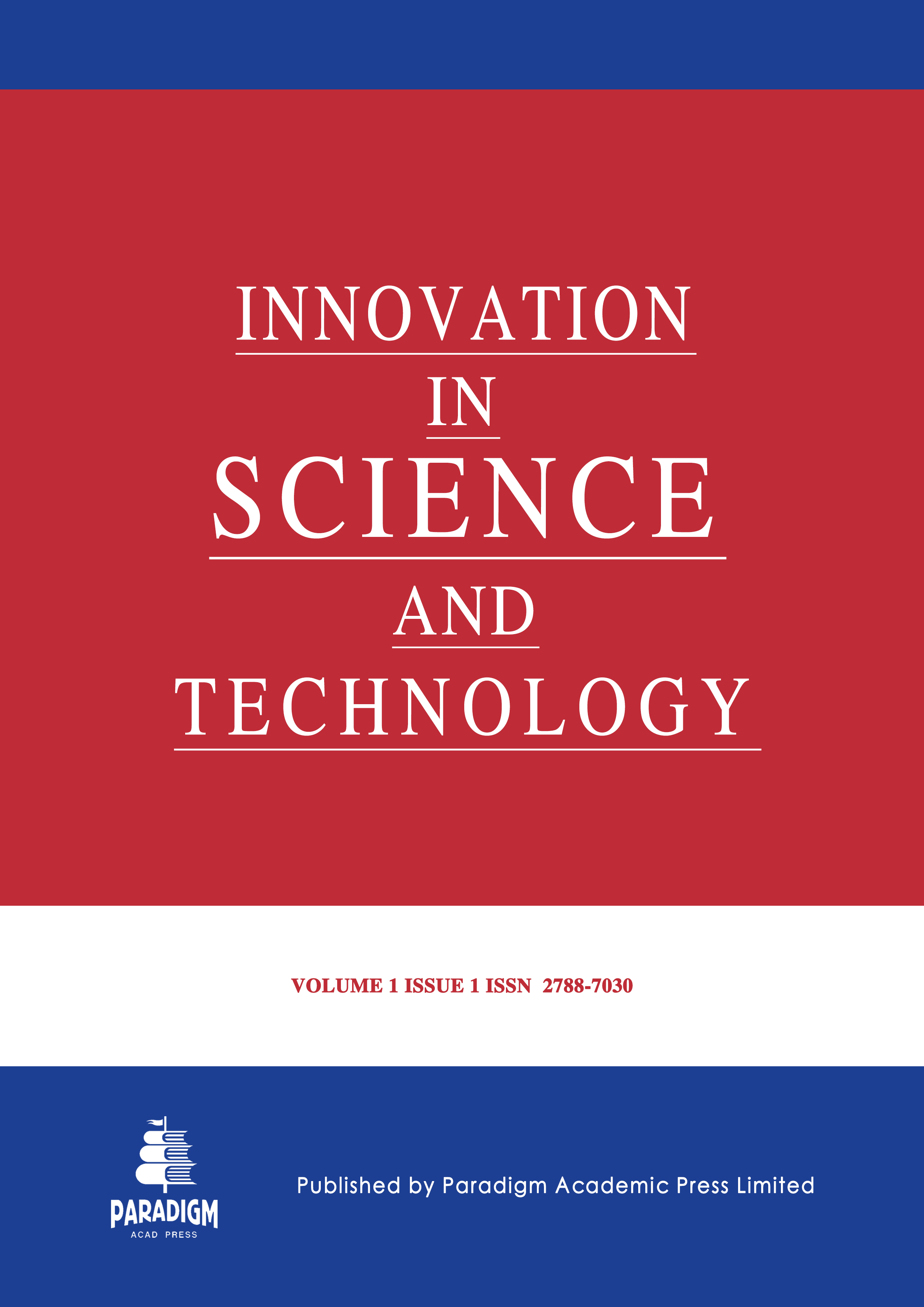Quercetin-Mediated Modulation of Melamine-Induced Disruption in Testicular Oxidative Stress Pathways and Redox-Dependent Signaling in Adult Wistar Rats
Keywords:
melamine, quercetin, oxidative stress, endocrine disruption, testicular functionAbstract
Background: The growing presence of synthetic chemicals in the environment has caused serious concerns about their impact on the hormonal balance of humans and animals. Many of these substances, believed to disrupt the endocrine system, have been linked to reproductive problems worldwide. This includes rising infertility rates, particularly due to their negative effects on the health and function of the testes. Objective: This study was aimed at investigating the scavenging potentials of quercetin against melamine disruptive ability on the testes in animal models. Methodology: Thirty (30) adult male wistar rats were used for the study. They were randomly divided into six (6) groups of five (n=5) animals each. Group A rats were designated as negative control group and received 5ml/kg body weight of normal saline for 12 weeks. Group B rats received 300mg/kg melamine solution and 100mg/kg Quercetin for 12 weeks concomitantly. Group C rats received 600mg/kg melamine and 200 mg/kg quercetin for 12 weeks concomitantly. Group D rats received 300 mg/kg melamine and 100 mg/kg quercetin 6 weeks apart. Group E received 600mg/kg melamine and 200mg/kg quercetin, 6 weeks apart. Group F received 300mg/kg melamine as positive control. Result: Oxidative stress was induced by melamine in testicular tissues across the experimental groups leading to apoptosis of testicular cells seen in the distortion of testicular histomorphology and impaired hormonal function of the testes. Conclusion: Quercetin exhibited significant antioxidant activity, effectively mitigating oxidative damage induced by melamine exposure.


